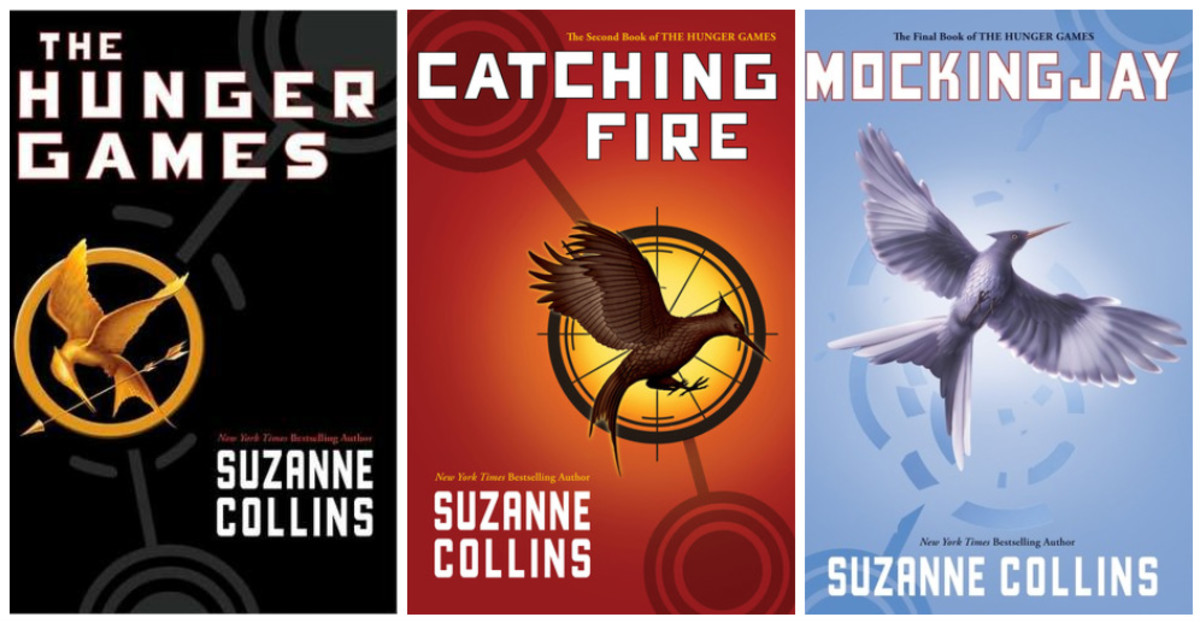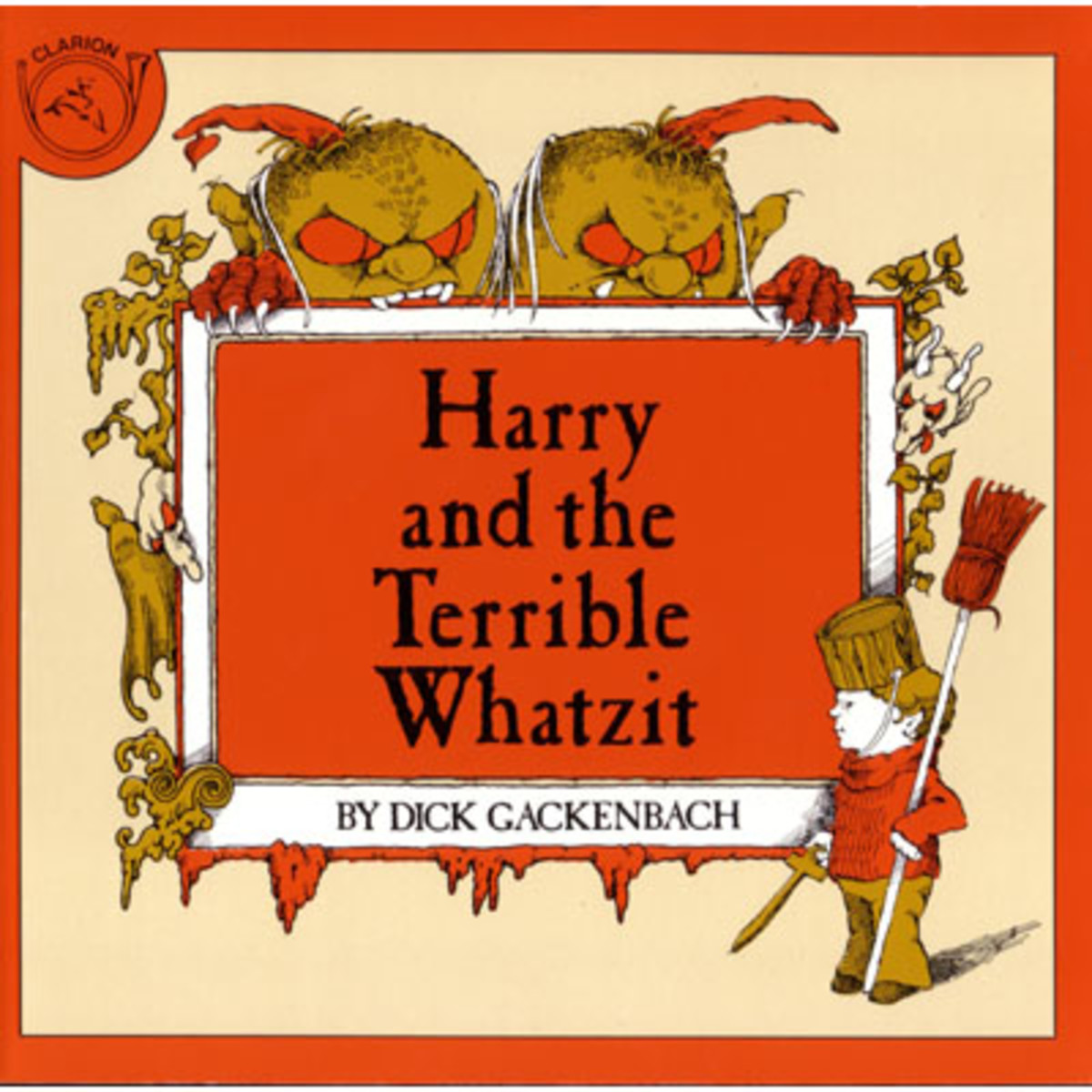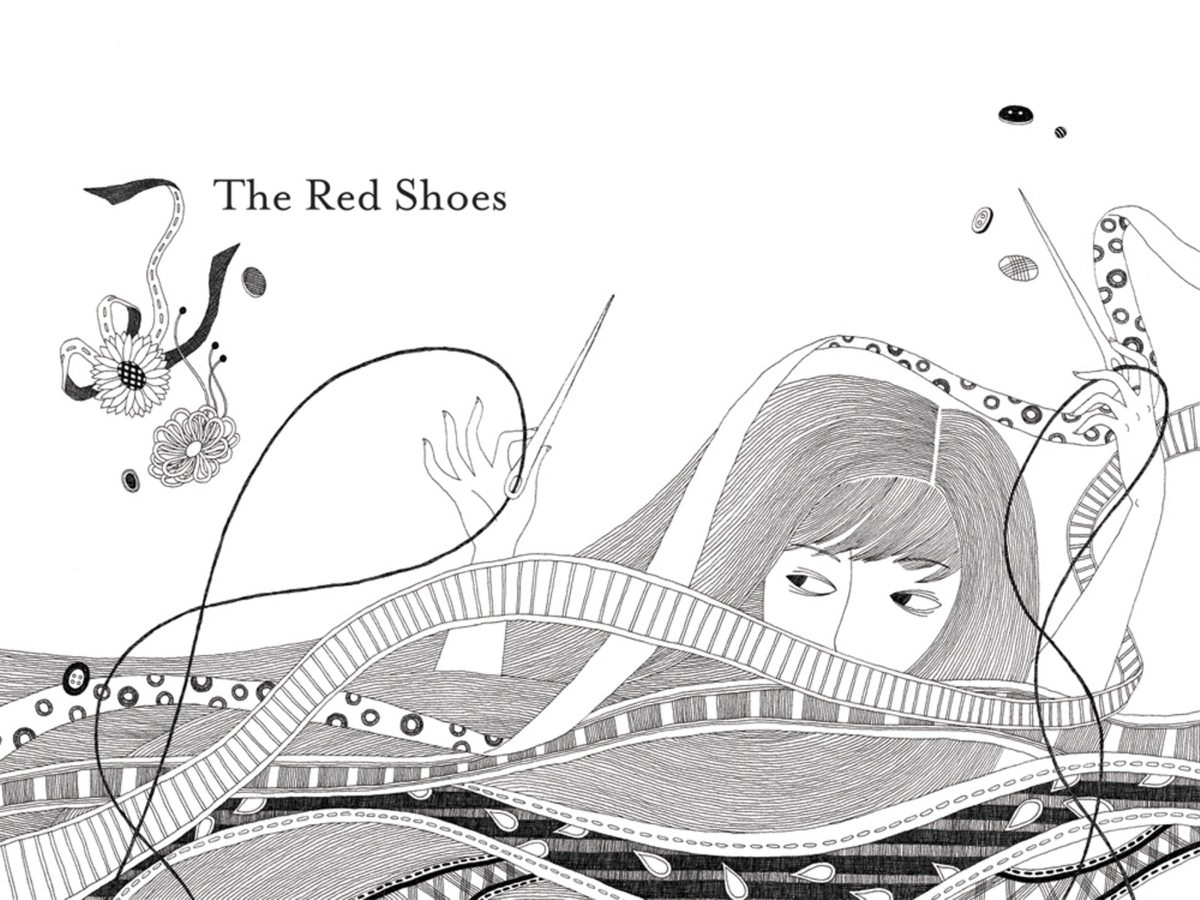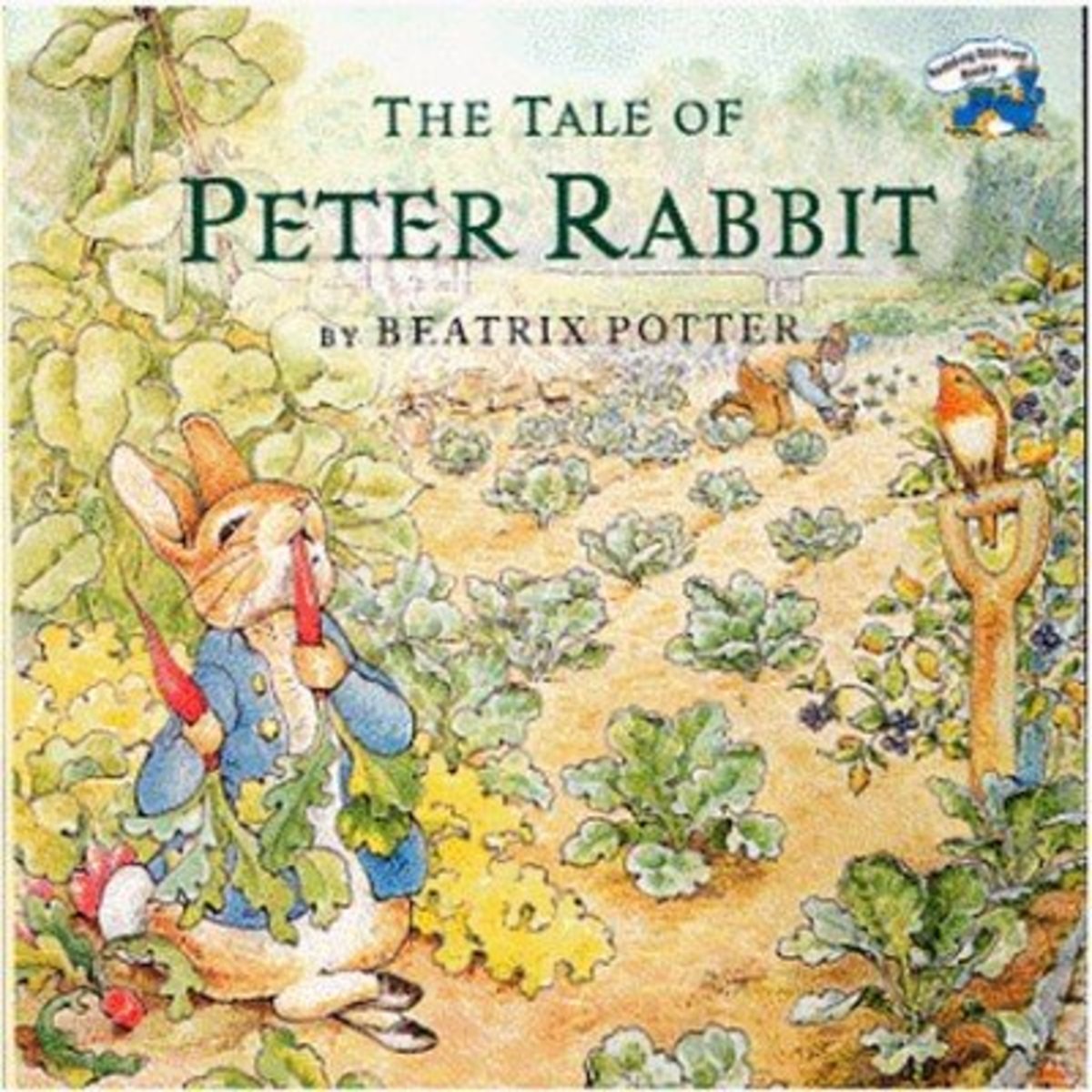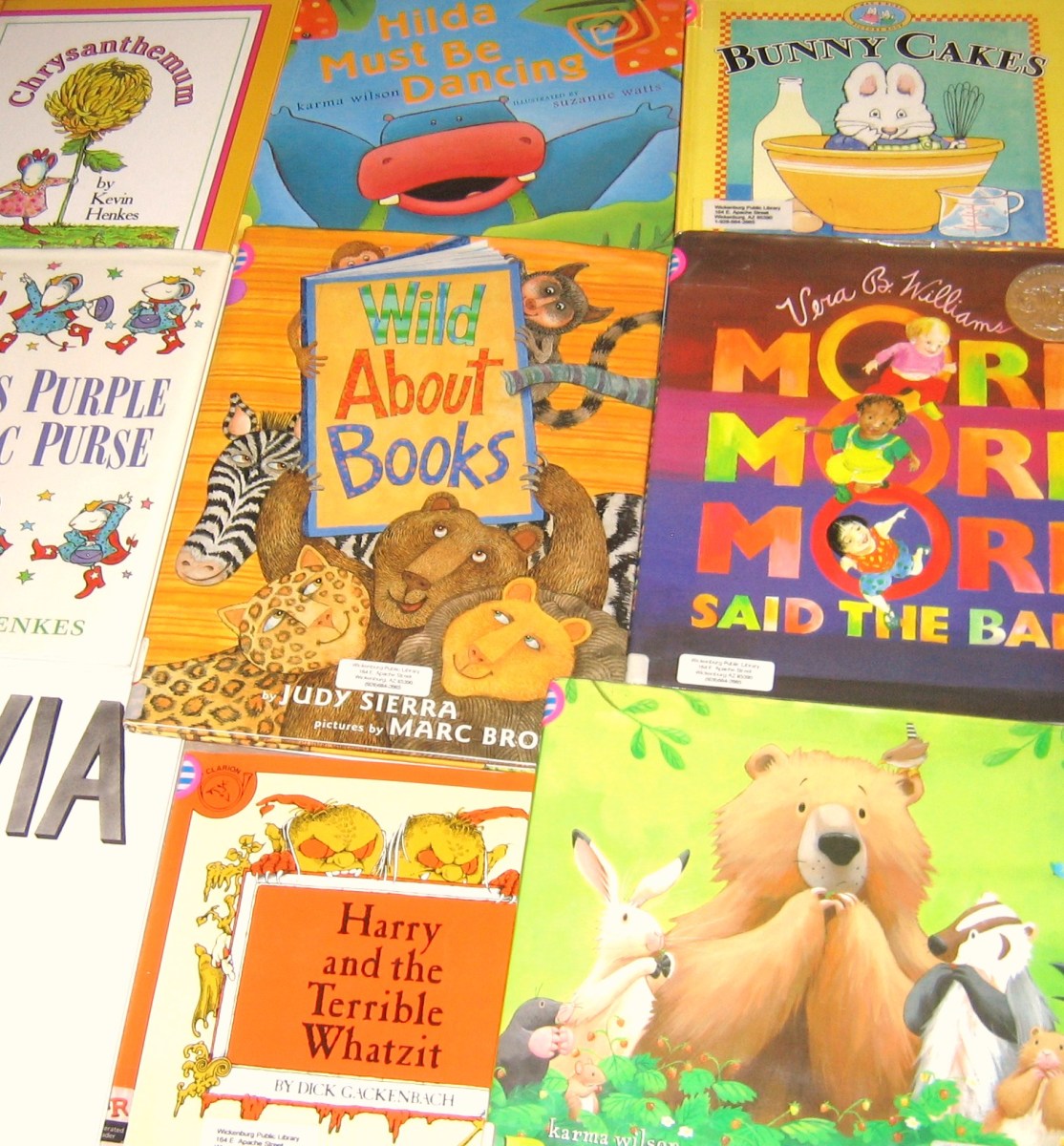Why You Should Read The Hunger Games

I don’t often go out of my way to praise specific books. I have many favorites but, every once and a while, a certain series will catch the eye of the larger public. Usually when this happens, questions start flying around, concerning what it is, how controversial it is, and whether or not more people should read it. I examined a similar situation with the Harry Potter series and, like that article, I will try to give my best account of why I think The Hunger Games is, in fact, worth your time.
A Brutal Story
For those unfamiliar, the Hunger Games is a post-apocalyptic science fiction trilogy. The first novel opens in a very bleak District 12, which is one of many resource gathering hubs that support a capital city. This city, and its surrounding districts, exists in the shattered ruins of North America. Our modern culture blew itself up, but managed to leave behind a select few who are now under the rule of a fragile government. Because of constant uncertainty, President Snow has gone to unspeakable lengths to keep order, not the least of which is the annual Hunger Games which pits twenty four children against each other in a battle to the death. What’s worse is that the games are televised to the entire nation as a means of keeping people in line. Katniss Everdeen, our protagonist, is one such unlucky child after she volunteers for her sister in the lottery to find ‘tributes’. Because of Katniss’s skills as a hunter, however, she isn’t the usual pushover that represents District 12 in the games. What follows is a powerful fight for survival and the gradual tear that forms in the fabric of this corrupt nation.
What makes this story so interesting isn’t necessarily its originality (more on that later) but rather it’s examination of character and mankind’s eternal struggle with power and survival. Suzanne Collins wrote the story in such a way that the results are realistic. I fully expected, when I first learned about the book, that somehow a pair of rose tinted goggles would descend and no one would be hurt. It’s marketed to young adults, but it doesn’t hold anything back. It would be unrealistic for everyone to survive such a bleak place, and acknowledging and accepting this allows the story to really explore the toll these games take, not just on the players, but on everyone who encounters them. Whether it’s their mentor, a cunning man named Haymitch, drinking himself near to death, or Cinna, their designer, expressing subtle, suppressed ideals in his clothing. The book is filled with differing viewpoints on a terrible situation. Why, you might ask, is a brutal story a good thing? For me, it’s a good thing because it changes the landscape of what writers and readers think can be done in books for children and adults. At the same time, it presents its material in a truthful manner that implores us to feel the story, not just read it. The book is direct, but clever, and nowhere is this more evident than in our main character.
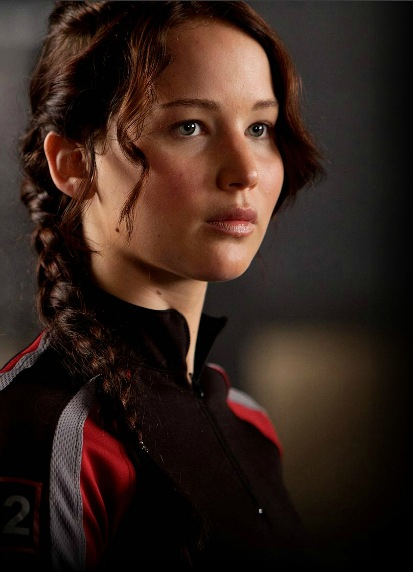
![The Hunger Games [DVD]](https://m.media-amazon.com/images/I/511-yXXzplL._SL160_.jpg)
A Different Kind of Protagonist
There are some books that do not lend themselves well to a movie adaptation. The favorite example I use is a novel by Jasper Fforde called the Eyre Affair. It is heavily influenced by classic literature, and stars a book jumping detective. There is a scene near the end of the story that involves a mystical literary machine that is malfunctioning, causing it to belch out excessive semi colons and commas. The representation of this, to the reader, is a physical over-use of semi colons and commas within the text. The scene stuck with me because such a thing would be difficult, if not impossible, to recreate in anything other than print. This is only made more apparent, in the book’s sequel, when the protagonist has a conversation with another character that can only speak in footnotes. For an industry that is always on the brink of being obsolete, it is refreshing and encouraging to be reminded that there are some things that books can do that no other platform can.
I bring this up because the Hunger Games is one of those stories that works best as a novel. While I do think that the movie was a descent adaptation, it failed to convey a lot of the cleverness of Katniss. The book is very isolated, planting us squarely in her head and never letting us out. Because of this, we only ever know what she knows and, often times, we make the same mistakes. But being in her head isn’t what makes her character great; it’s how she interprets everything. Nowhere is this more evident than in the gifts given to her by her ‘sponsors’, which are her only communication with the outside world. In the movie, they were accompanied by notes, which completely destroyed Katniss’s resourcefulness and problem solving skills. Only through her deep considerations was she able to decipher what Haymitch was telling her and it created a bond between these characters that was completely absent from the movie. I understand why they changed it; because it’s difficult to convey a character thinking through a problem, but it is just another one of those things that sets the book apart, and above, its watered down film.
Another thing that makes Katniss stand out, for me, is her break from the traditional hero mold. There are countless books on the market with heroes that don’t fit the mold, but many of them never reach the mass market success of books like Harry Potter and the Hunger Games. So, when this happens, I encounter readers who express a dislike of this different kind of character. She doesn’t make the same decisions the reader would, she reacts differently to events, and she stumbles more than she runs. It’s the trademark of a deeper character because that character will do what is true to them, not what will give the reader warm fuzzies in their stomach. I disagreed with Katniss many times over the course of the trilogy and I would even go as far to say that she isn’t terribly likeable. She isn’t a prophesied hero destined to save the world, but rather, a teenage girl who has been forced into a situation she doesn’t know how to handle. The results are more powerful because I believe in Katniss as a unique character and not just an extension of me. While some books might present a blank slate for the reader to superimpose themselves on, the best books use characters that you’re riveted by, regardless of how similar they are to you.


Copy-Katniss
One of the controversies surrounding the Hunger Games (if it can even be considered a controversy) was its similarity to other post-apocalyptic gladiator style books and movies, prompting some to accuse it of stealing its ideas. One of the most frequently mentioned was ‘Battle Royale’, a Japanese book/movie with a strikingly similar theme of children battling to the death. It’s unfortunate that these parallels exist because the concept, in and of itself, isn’t new. No book has a new concept; it’s one of the things you learn first as a writer. There are no new stories, only new ways to tell old stories. The idea is to put your own spin on it. Similarly, I encourage new writers to imitate their favorite works of fiction, as it is a means to kick start your own work. For me, personally, I find a lot of inspiration in video games. A game with a great setting can place you in that environment and make you feel the story more closely than a movie. But, after imitating some of my favorite video game moments, the stories I’ve written don’t resemble the source material after the editing process. As one grows as a writer, they naturally break away from those training wheels to become something entirely their own. I honestly doubt that Suzanne Collins was even aware of Battle Royale when she wrote the Hunger Games. One does not spend all that time developing characters and setting just to phone it in on the plot. Had she known of the similarities, she might have done things differently, but ultimately it doesn’t matter. There is room for both of them and, if anything, it just gives fans more material to consume.
I also find it surprising that the level of violence in the trilogy isn’t a controversy. The graphic nature of some of the deaths is more explicit than a great many adult novels. I try to warn anyone interested in reading it, that it isn’t for the faint of heart, but my words often seem ignored. Although, ultimately, that is at least two different debates entirely. One about how Americans have been desensitized to violence, and the other about the inaccurate assumption that all books are appropriate just because they’re books (and therefore don’t show anything). Though I suppose, since books don’t have a rating system, parents just aren’t aware that novels can be graphic and offensive. But I won’t deny that it’s a pet peeve of mine when someone is surprised by it.
Conclusion
I’m very happy that the Hunger Games is popular, for the same reason that I’m glad Harry Potter is popular. We need audiences, at large, to read better literature. The ‘we’ in that sentence referring to writers and frequent readers. There is nothing more frustrating than reading a popular series with wooden characters, timid action sequences and repetitive descriptions. That’s not to say that there isn’t a place for that kind of fiction; it must have done something right to catch the general public’s eye, but I always worry about the greats of literature being forgotten; replaced by authors who seemingly don’t take the time to properly revise their work. Suzanne Collins isn’t the next Shakespeare, but the Hunger Games is definitely a step in the right direction. It is a thoughtful book that will evoke your emotions as well as turn the pages. Maybe you read it and disliked it; that’s fine, no book receives universal praise. But if you haven’t read it, I couldn’t recommend it more.



